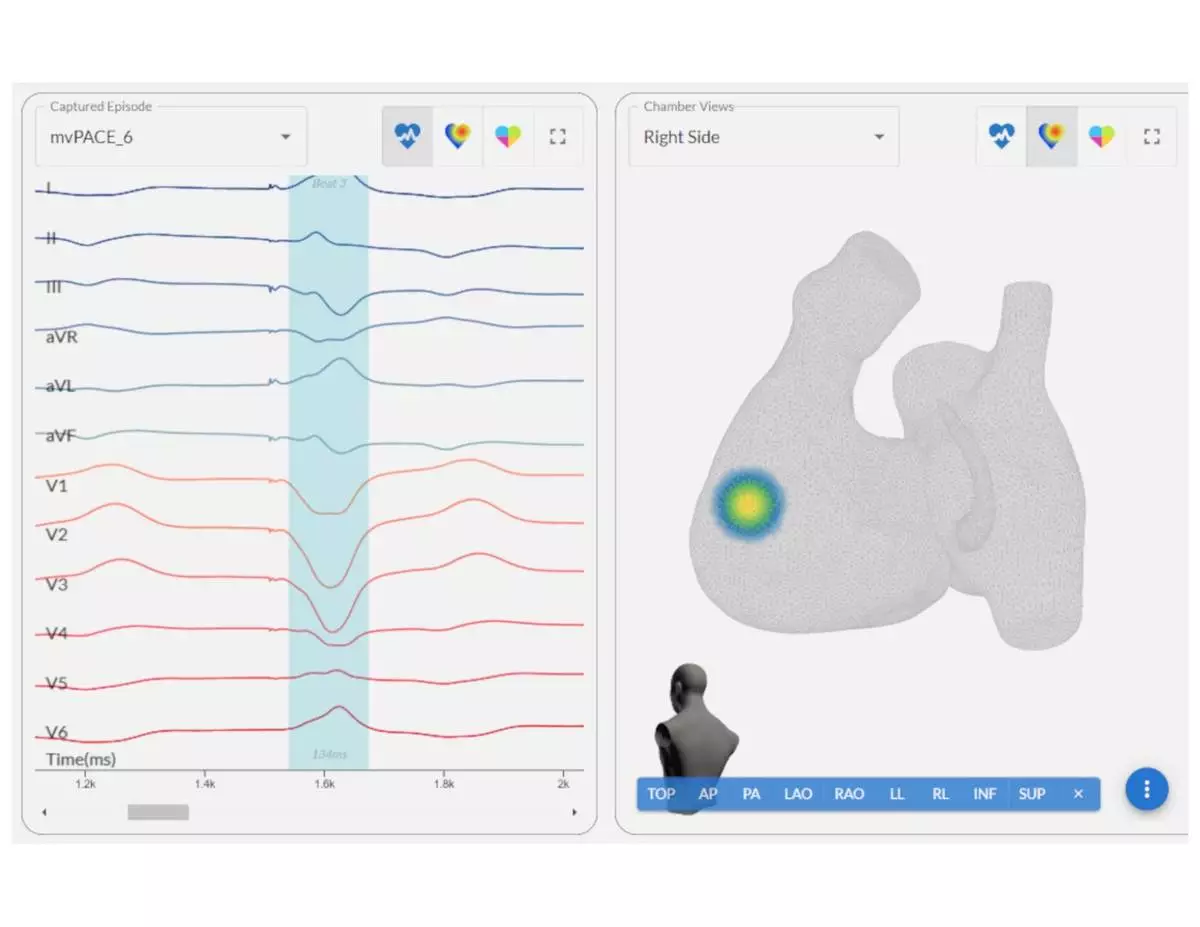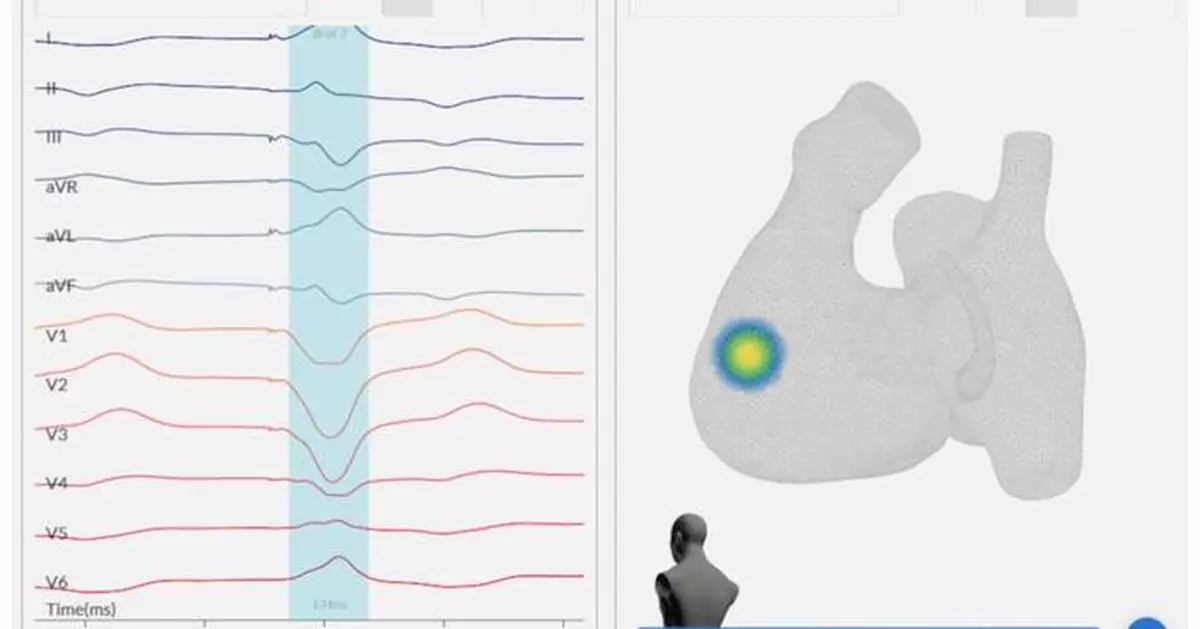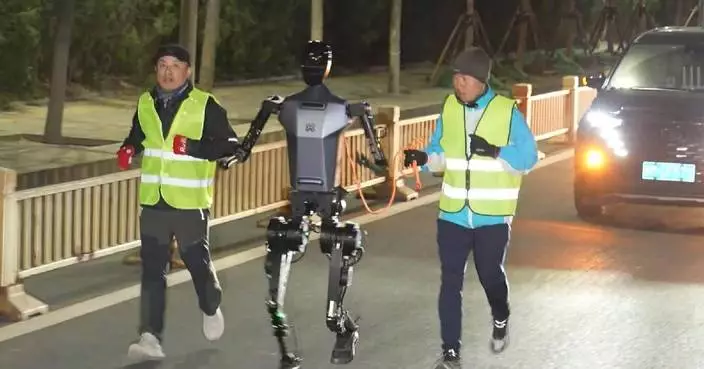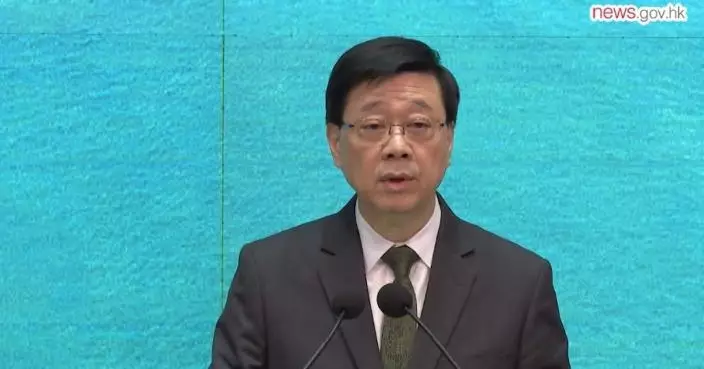SAN DIEGO--(BUSINESS WIRE)--Apr 2, 2025--
In the release dated April 1, 2025, the quote from, and photo of, Dr. Ulrika Birgersdotter-Green has been removed.
This press release features multimedia. View the full release here: https://www.businesswire.com/news/home/20250401431132/en/
The updated release reads:
HEART RHYTHM CASE REPORTS PUBLISHES NOTABLE CASE DETAILING FIRST USE OF AI-GUIDED ECG MAPPING FOR LEFT BUNDLE BRANCH AREA PACING
Case Report Demonstrates How vMap Enhances Accuracy and Reduces Risk in Pacemaker Implantation
Vektor Medical, a leader in non-invasive, AI-powered arrhythmia analysis technology, today announced the publication of a groundbreaking case in Heart Rhythm Case Reports. Conducted by physicians from the University of California San Diego (UCSD), the case details the first successful use of AI-enabled ECG mapping to guide left bundle branch area pacing (LBBAP) implantation. Findings highlight how vMap, a non-invasive AI-powered mapping technology, enhances procedural efficiency, accuracy, and patient safety during LBBAP lead positioning.
As LBBAP becomes a preferred physiologic pacing technique, vMap has the potential to offer a transformative approach by reducing fluoroscopy exposure and eliminating the need for contrast agents - critical factors in enhancing patient safety and procedural outcomes.
The patient in the case report, a 90-year-old male with advanced chronic kidney disease and a severe iodinated contrast allergy, underwent a dual-chamber LBBAP implantation as physicians used vMap for peri-procedural AI-driven guidance. The procedure was completed successfully with minimized fluoroscopy time and without contrast injection, mitigating risks associated with traditional approaches for the patient and physician.
Procedure Highlights:
The case report underscores vMap’s ability to transform cardiac pacing workflows while prioritizing patient safety. As the only FDA-cleared, non-invasive AI-based solution for mapping arrhythmias and analyzing atrial and ventricular pacing via a standard 12-lead ECG, vMap represents a significant advancement in electrophysiology.
"This case is the first time vMap has been used to help guide LBBAP implantation. In addition to the positive procedural benefits, it’s a very clear demonstration of the potential for vMap to more broadly improve cardiac care and advance various cardiac interventions,” said Rob Krummen, CEO of Vektor Medical.
For more information on Vektor Medical and vMap, visit www.vektormedical.com and connect on LinkedIn and X.
About Vektor Medical
Headquartered in San Diego, Vektor Medical is on a mission to revolutionize arrhythmia care for millions affected by atrial fibrillation and other arrhythmias. Through its AI-powered, non-invasive arrhythmia analysis technology, vMap, the company aims to improve cardiac ablation outcomes, optimize workflows, and increase procedural efficiency. For more information about vMap and Vektor Medical, please visit www.vektormedical.com.


After second repositioning, LBBAP lead pacing demonstrates activation of the target region of the RV septum.
Microsoft has fired two employees who interrupted the company's 50th anniversary celebration to protest its work supplying artificial intelligence technology to the Israeli military, according to a group representing the workers.
Microsoft accused one of the workers in a termination letter Monday of misconduct "designed to gain notoriety and cause maximum disruption to this highly anticipated event.” Microsoft says the other worker had already announced her resignation, but on Monday it ordered her to leave five days early.
The protests began Friday when Microsoft software engineer Ibtihal Aboussad walked up toward a stage where an executive was announcing new product features and a long-term vision for Microsoft's AI ambitions.
“You claim that you care about using AI for good but Microsoft sells AI weapons to the Israeli military," Aboussad shouted at Microsoft AI CEO Mustafa Suleyman. "Fifty-thousand people have died and Microsoft powers this genocide in our region.”
The protest forced Suleyman to pause his talk while it was being livestreamed from Microsoft's campus in Redmond, Washington. Among the participants at the 50th anniversary of Microsoft's founding were co-founder Bill Gates and former CEO Steve Ballmer.
Microsoft said Suleyman calmly tried to de-escalate the situation. “Thank you for your protest, I hear you,” he said. Aboussad continued, shouting that Suleyman and “all of Microsoft” had blood on their hands. She also threw onto the stage a keffiyeh scarf, which has become a symbol of support for Palestinian people, before being escorted out of the event.
A second protester, Microsoft employee Vaniya Agrawal, interrupted a later part of the event.
Aboussad, based at Microsoft's Canadian headquarters in Toronto, was invited on Monday to a call with a human resources representative at which she was told she was being fired immediately, according to the advocacy group No Azure for Apartheid, which has protested the sale of Microsoft’s Azure cloud computing platform to Israel.
An investigation by The Associated Press revealed earlier this year that AI models from Microsoft and OpenAI had been used as part of an Israeli military program to select bombing targets during the recent wars in Gaza and Lebanon. The story also contained details of an errant Israeli airstrike in 2023 that struck a vehicle carrying members of a Lebanese family, killing three young girls and their grandmother.
In its termination letter, Microsoft told Aboussad she could have raised her concerns confidentially to a manager. Instead, it said she made “hostile, unprovoked, and highly inappropriate accusations” against Suleyman and the company and that her “conduct was so aggressive and disruptive that you had to be escorted out of the room by security.”
Agrawal had already given her two weeks notice and was preparing to leave the company on April 11, but on Monday a manager emailed that Microsoft "has decided to make your resignation immediately effective today.”
It was the most public but not the first protest over Microsoft's work with Israel. In February, five Microsoft employees were ejected from a meeting with CEO Satya Nadella for protesting the contracts.
“We provide many avenues for all voices to be heard,” said a statement from the company Friday. “Importantly, we ask that this be done in a way that does not cause a business disruption. If that happens, we ask participants to relocate. We are committed to ensuring our business practices uphold the highest standards.”
Microsoft had declined to say Friday whether it was taking further action, but Aboussad and Agrawal expected it was coming after both lost access to their work accounts shortly after the protest.
Dozens of Google workers were fired last year after internal protests over a contract it also has with the Israeli government. Employee sit-ins at Google offices in New York and Sunnyvale, California targeted a $1.2 billion deal known as Project Nimbus providing AI technology to the Israeli government.
The Google workers later filed a complaint with the National Labor Relations Board in an attempt to get their jobs back.

CORRECTS DATE - A pro-Palestinian demonstrator, Ibtihal Aboussad, is escorted away by security as they interrupt Microsoft AI CEO Mustafa Suleyman during a presentation of the company's AI assistant, Copilot, ahead of a 50th Anniversary presentation at Microsoft headquarters, Friday, April 4, 2025, in Redmond, Wash. (AP Photo/Jason Redmond)






















































